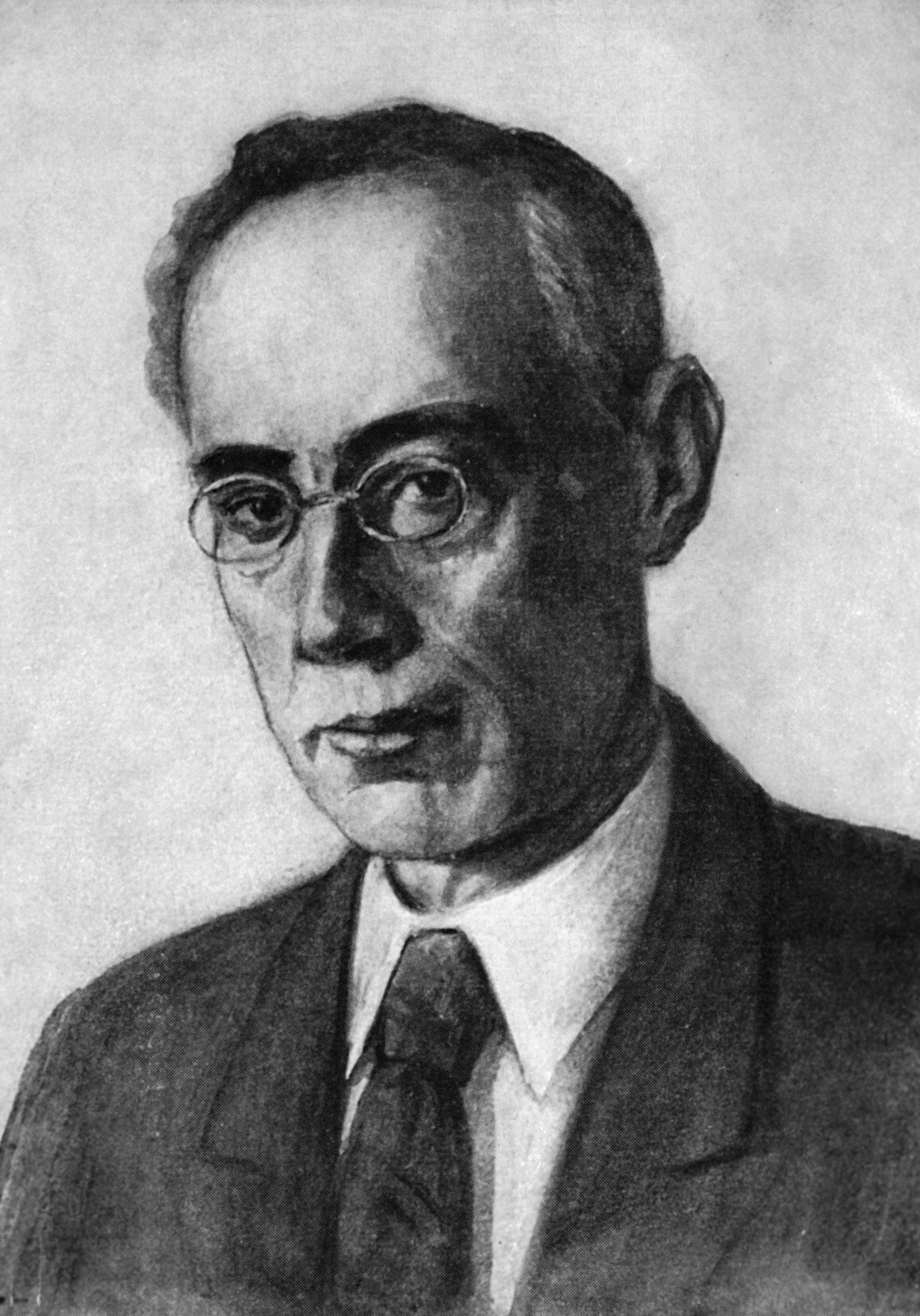The dispute between Russian publishing houses Terra and Astrel over the books of science-fiction writer Alexander Belyayev is extraordinary for at least two reasons.
The first reason is the unprecedented size of the claim. Terra, which believes that its rights to Belyayev’s works were infringed, is seeking 7.5 billion rubles ($236.65 million) from Astrel. The figure amounts to 12.5 percent of annual sales on the Russian book market.
Second, it is rare that the courts' rulings differ from each other that much.
Origins of the claim
Under Russian law, a copyright holder may calculate the compensation for infringement in two ways (Article 1391 of the Civil Code of the Russian Federation).
The copyright holder can request an amount ranging from 10,000 rubles ($315) to 5 million rubles ($157,770), with the court determining the final amount at its discretion; or compensation can be sought “in the amount equal to the double the value of all the copies of the work or double the value of the right to use the work determined on the basis of the price normally charged in comparable circumstances for legal use of the work.”
Terra applied the second method. The publishing house used the price of its six- volume collector’s edition, which comprised 19 works by Belyayev, six of which are disputed, as the price of a single item. The six-volume edition costs 114,652 rubles ($3,620).
The plaintiff said that Astrel published 33,000 copies illegally. Double the value of these copies, and you get the record-breaking claim of 7.57 billion rubles ($238.86 million).
Controversial rulings
The Moscow Commercial Court ruled that Astrel violated Terra’s exclusive rights, prohibited Astrel from distributing the counterfeit books, and awarded the plaintiff the full amount of the claim.
A court of appeals agreed that the defendant violated the plaintiff’s rights and prohibited it from distributing the counterfeit books, but found the amount of compensation excessive.
The Moscow District Federal Commercial Court overturned the previous two rulings and ruled in favor of the defendant. The court concluded that the copyright to the disputed works had expired and that they have passed into the public domain. Accordingly, any entity or individual can use them without paying royalties. Therefore, according to the court, the defendant did not violate the plaintiff’s exclusive property rights.
Finally, the Supreme Commercial Court Presidium submitted the case to be retried.
How much should Astrel pay?
In fact, Russian law provides not two but three ways to calculate compensation. Two of them are combined in the second part of Article 1301, which is obviously confusing.
In its ruling, the Supreme Commercial Court Presidium divided them: compensation based on the value of the copies in print, and compensation based on the price of rights. However, one thing needs to be cleared: the amount is calculated based on the counterfeit book’s price and print run. At least, that is the logic apparently used by the Supreme Commercial Court in its ruling.
The Supreme Commercial Court Presidium overruled the compensation calculated by the plaintiff, which multiplied the price of a single copy (the six-volume edition in this case) by the doubled amount of the illegal books printed.
The court of appeals made the fairest decision in this respect. It found the amount of compensation groundless, but did not propose a method to calculate it.
We know that 33,000 copies were printed and the stated price of a counterfeit book – 160 rubles (approximately $5). Therefore the court ought to recover from Astrel about 10.5 million rubles ($331,800), 700 times less than what the plaintiff requested.
Not out of thin air
That should have cleared everything up: the plaintiff misinterpreted the law, and the highest court corrected it. However, in similar disputes other courts have calculated compensation the way Terra did it.
The crossaction between the same publishing houses over Remark’s works can be used as an example.
In 2008 the AST Moskva publishing house demanded that the Terra Knizhny Klub publishing house pay 6.368 million rubles ($201,230) for violating its rights to publish ten works by the German writer.
The amount of the requested compensation was calculated, according to the court, by doubling the price of the number of counterfeit books in print.
The court of first instance considered such compensation excessive and reduced it to 500,000 rubles ($15,800). But the court of appeals ruled that Terra Knizhny Klub must pay the full compensation.
The Supreme Commercial Court refused to reconsider the lower court rulings, thereby upholding their legality.
The lawsuit brought by the U.S. corporations Microsoft, Autodesk, Adobe and Russian 1C against Novorossiysk’s PromTorg was resolved in a similar way.
The plaintiffs demanded compensation for counterfeit software detected on the defendant’s computers. To determine the compensation, the plaintiffs doubled the quantity of illegal programs and multiplied that number by the licensed software’s price, and the courts ultimately agreed with this calculation.
Sergei Feklyunin, RAPSI



